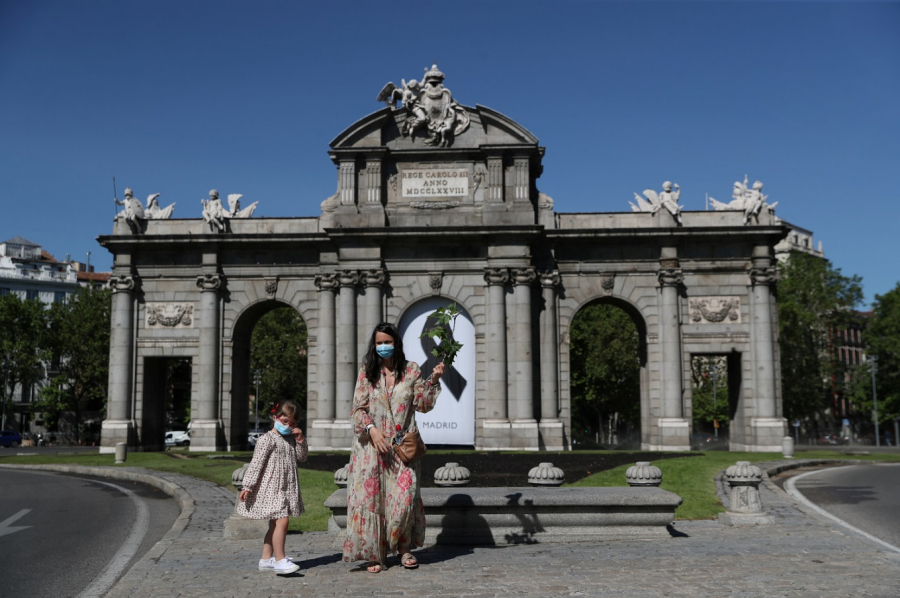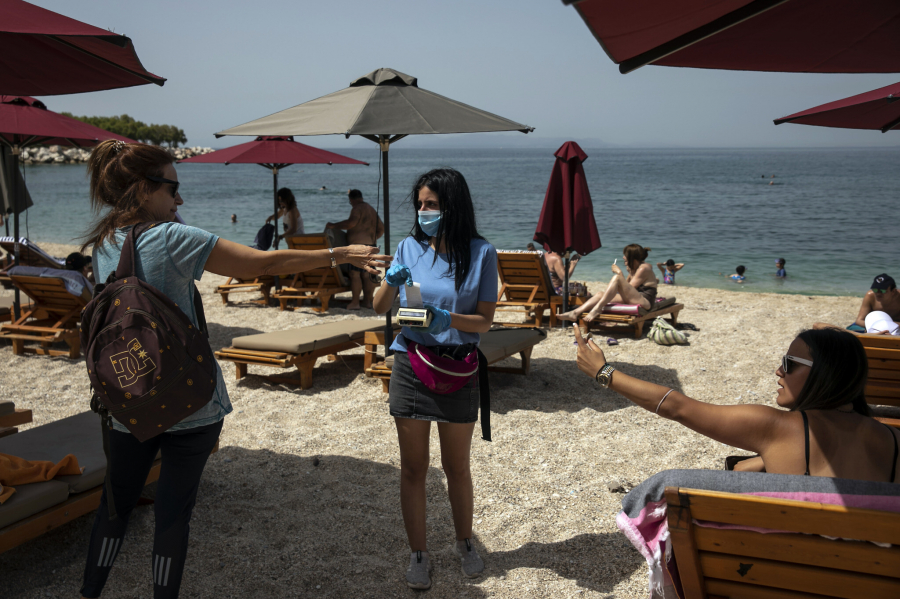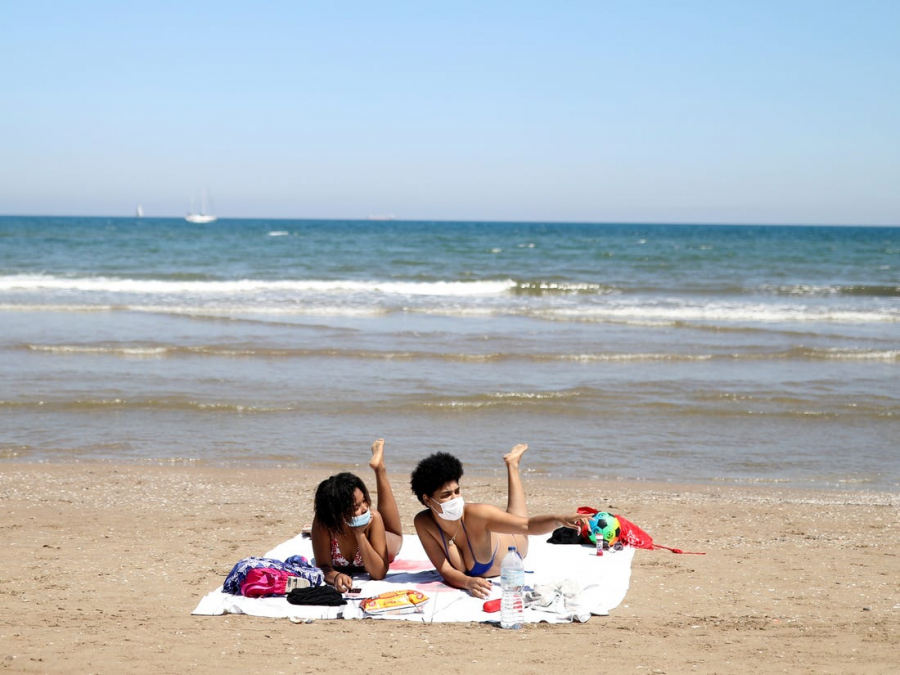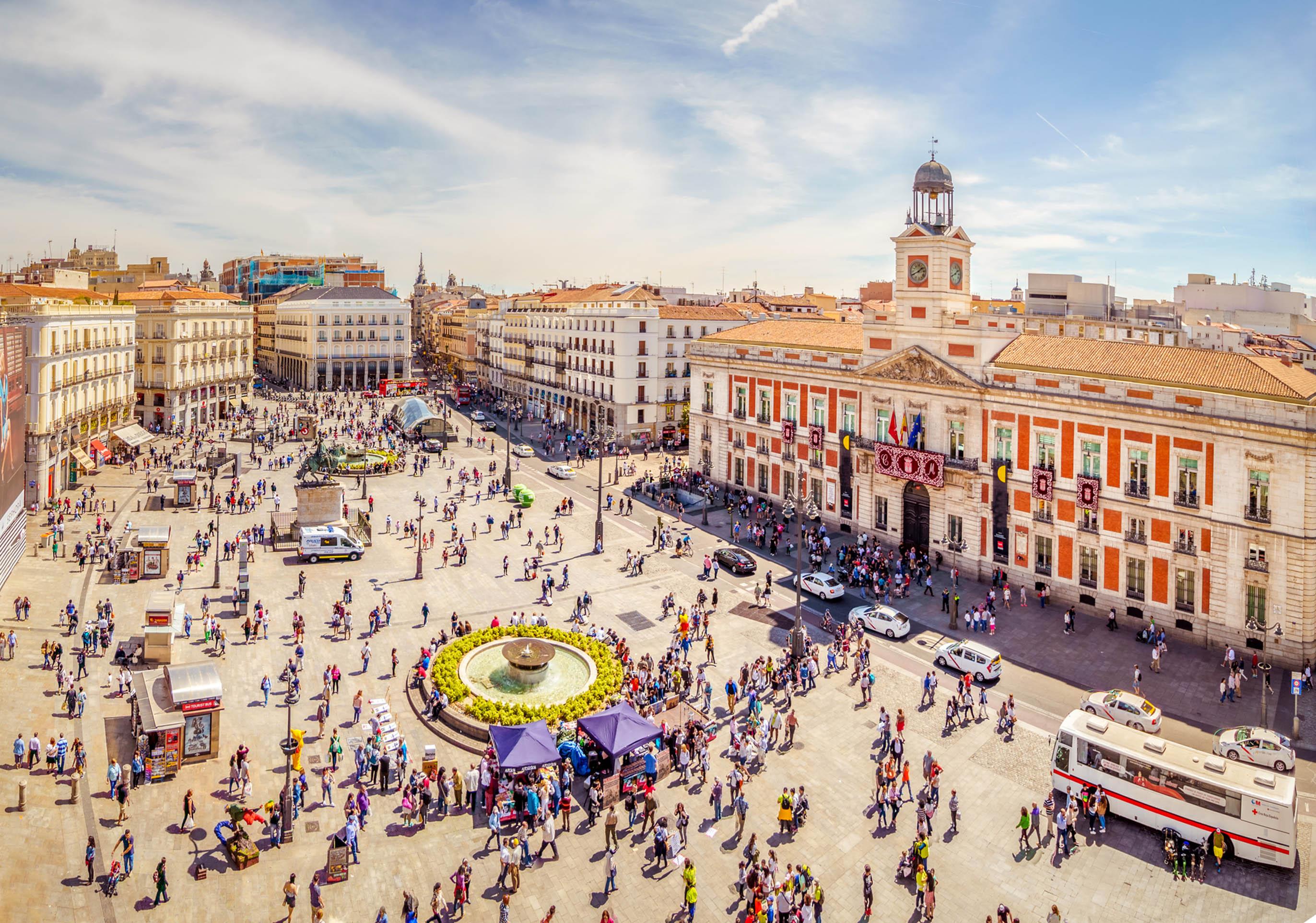As one of the European countries heavily affected by the Covid-19 pandemic, Spain is gradually overcoming the consequences left behind by the pandemic. Now that the pandemic is gradually being brought under control, Spain is slowly easing its strict lockdown measures and students have been able to return to school.

On May 25th, the country with the second-highest number of domestic and international tourists in the world announced its intention to invite foreign visitors back to the country starting in July. The Spanish government also confirmed that, starting July 1st, it will abolish the mandatory two-week quarantine requirement for foreign visitors.
Speaking on the Onda Cero radio station, Spanish Tourism Minister Reyes Maroto affirmed that it would be "wonderful" for tourists from all over the world to plan their summer holidays in Spain this July with attractive offers.

On the same day, Spanish Foreign Minister Arancha Gonzalez Laya also shared a status update on her Twitter account: "The worst is over. In July, Spain will gradually reopen to international tourists, lifting quarantine restrictions and ensuring the highest standards of health and safety. We look forward to welcoming you."
This reopening move demonstrates an effort to rescue the economy in general and the tourism industry in particular of this European nation. It is estimated that Spain's tourism industry attracts around 80 million domestic and international visitors annually. Tourism accounts for 12% of GDP and creates numerous jobs.

Also on May 25th, residents of Madrid – one of Spain's former "epicenters" of the pandemic – began returning to normal life. Retiro Park, as well as bars and restaurants, were allowed to reopen at 50% capacity. However, people were still required to observe social distancing measures, gather in groups of no more than 10 people, and wear masks in public places was mandatory.


As the summer heat intensifies, beaches along northern Spain, as well as in some southern regions including the Canary Islands and Balearic Islands, have reopened to allow people to cool off. Currently, only locals are benefiting, as travel restrictions between regions remain in effect.


 VI
VI EN
EN
































